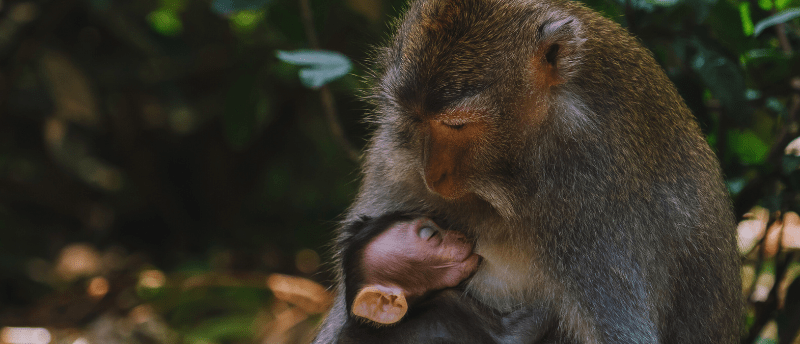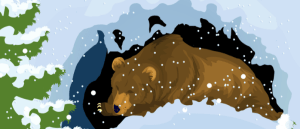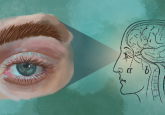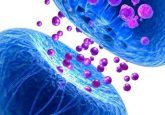Why don’t male mammals breastfeed?

Researchers have used mathematical modeling to theorize that the reason more male mammals don’t breastfeed is related to the microbiome.
In the 1970s, evolutionary theorists hypothesized that male mammals don’t lactate – even though the extra nutrition could benefit offspring – because paternity uncertainty reduces males’ evolutionary drive to invest heavily in offspring care, including breastfeeding. Now, researchers from the University of York (UK) have suggested there might be more to it. They have theorized that being nursed by the mother alone could be an evolutionary strategy to reduce the spread of harmful microbes.
Most genetically male mammals have mammary tissue and nipples, so have the potential to lactate. There is even a mammal, the Dayak fruit bat found in the rainforests of Malaysia, that is known to lactate under natural conditions. So, why don’t more male mammals lactate? Lactation is triggered by hormones such as prolactin, which are generally downregulated in males, preventing lactation and suggesting there are evolutionary selection pressures against it.
“We became fascinated with this topic when we read about Azara’s owl monkeys,” explained co-author George Constable. “They turn previous assumptions about why males don’t breastfeed upside down because they are the most devoted dads in the primate world: they do 80-90% of childcare and only hand their babies back to their female partners for nursing.”
The answer could be related to the microbiome. Feeding newborns breastmilk allows the transmission of the parental milk microbiome to the offspring, playing a key role in establishing the gut microbiome. This has benefits, such as helping develop the infant’s immune system, but also presents the risk of passing a harmful microbe to the infant.
 This is what hibernation looks like at the molecular level
This is what hibernation looks like at the molecular level
The molecular mechanisms underlying hibernation have been partially revealed thanks to skeletal muscle samples and the Mant-ATP chase assay.
The researchers used mathematical models to investigate this and found that when both parents are involved in feeding, the chance of a harmful microbe being passed on and getting a foothold in the population is essentially doubled, which outweighs the benefits extra nutrition could bring. They hypothesize that this acts as an additional selection pressure against male lactation.
“This theory fits with a pattern of strategies mammals have adopted in an evolutionary bid to limit the spread of potentially harmful elements. Notably, in humans mitochondrial DNA is exclusively passed down from the mother. This mechanism serves as a natural filter, maintaining genetic integrity by suppressing the proliferation of detrimental mutations,” explained Constable.
The theory offers a complementary explanation for why more male mammals don’t breastfeed, with the authors stressing that the theory is focused on the long-term evolutionary history of the animal kingdom, and is not intended as the basis for any judgments about the different ways of feeding human infants.

